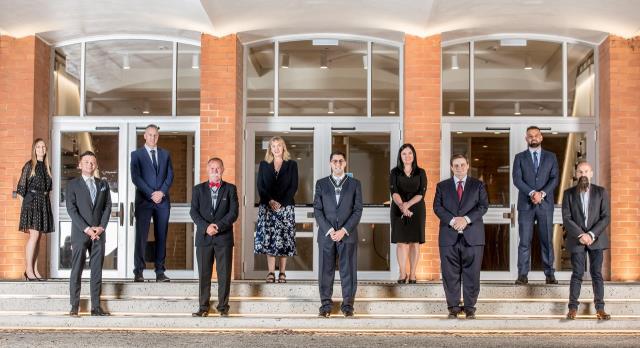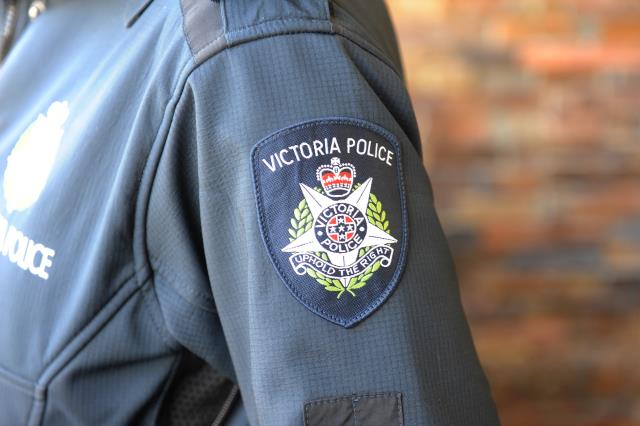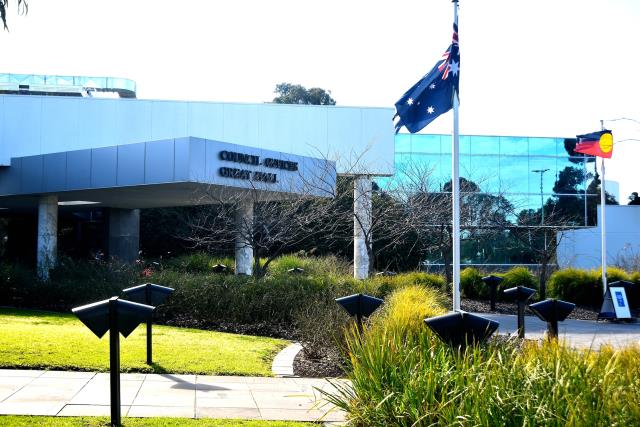Eight Hume councillors are pushing for councillors to be forced to attend a minimum number of in-person council meetings.
The eight councillors – mayor Naim Kurt, deputy mayor Karen Sherry, Carly Moore, Jarrod Bell, Joseph Haweil, Jack Medcraft, Jim Overend and Chris Hollow – wrote a letter to Local Government Victoria calling for the Local Government Act to include mandatory in-person attendance.
The councillors also want the councillor code of conduct amended to state that non-attendance at in-person meetings, without valid reason, would constitute a breach of the code.
In the letter, the councillors stated Hume council had faced “significant challenges” due to the “persistent non-attendance of some councillors” at in-person meetings and planning weekends during its four-year term.
“Some of these councillors have not attended any meeting or planning weekend in person over the course of their term, opting instead to participate remotely,” the letter stated.
“We believe this behaviour falls short of the expectations set out in the model councillor code of conduct and does not fulfil the statutory requirements of faithfully performing the role of a councillor.”
Cr Moore also raised the issue of in-person attendance during the September 9 council meeting, calling for the last two meetings of the current council term – September 23 and October 14 – to be held “wholly in person”.
Cr Moore said she raised the issue so council “didn’t go through almost four years of meetings without councillors ever having come to a meeting in person”.
“I think physically turning up to do our job is important,“ she said.
Cr Jodi Jackson, who has attended a number of meetings this term via Zoom, said remote attendance had helped her save ratepayers’ money.
She said by not attending in-person, she was saving on mileage expenses and not contributing to council’s pre-meeting catering bill.
She said remote attendance had enabled councillors to attend a higher percentage of meetings this term than in the previous terms.
Cr Trevor Dance, who has attended all council meetings remotely, said the public did not care whether councillors attended meetings in-person or remotely.
He defended his decision to attend meetings via Zoom, saying the council chamber was “not a safe place”, and that the Local Government Act enabled councillors to attend remotely.
He also raised concerns about the cost burden to ratepayers of in-person meetings, as well as the price of the redevelopment of the Broadmeadows council chambers – which he said was $2.7 million – and the chairs the councillor were sitting on at the meeting – which he said cost $1350.
Cr Bell said in-person attendance enabled the councillors to form working relationships. He spoke about his initial trepidations about working with Cr Overend, but after sitting next to him for the majority of the past four years, he found they had developed a friendship and appreciation for each other’s differences.
“I think it is only fair that at least once in a four-year period we can get 11 elected representatives in a room together to see each other face-to-face, not though pixels, not through internet, not through any other method, but to see each other eye-to-eye, to be colleagues, to be team members, to represent the community as one,” he said.
In a statement to Star Weekly, Cr Kurt said he backed in-person attendance because he wanted to set the right standard and culture for the next council.
“And that starts with teamwork,” he said.
”As elected officials, there is an expectation from the community that councillors are accessible and contactable, beyond just a computer screen.
”While remote attendance has its place, I don’t believe councillors can work together effectively as a team when they choose to attend meetings virtually indefinitely.
“To assess council performance and find solutions, you need to build relationships, which can’t happen if no one has met you and you’ve never set foot in Town Hall.”







